Django Template Ifequal - Django evaluates all branches of an if/else/endif regardless of the condition. Django templates are a crucial part of the framework. You can use else or elif (short for else if) to specify what to do when the if condition is false. Put around student, and be sure to try that on the django shell first: Hello, anyone has idea on. You should also read this: Exit Memo Template

Django Template Ifequal - Here's a chunk of code from a django template: All of the python comparison and logical operators are available: You can use else or elif (short for else if) to specify what to do when the if condition is false. Nevertheless, you may find yourself. Put around student, and be sure to try that on the django shell first: You should also read this: Imovie Slideshow Templates
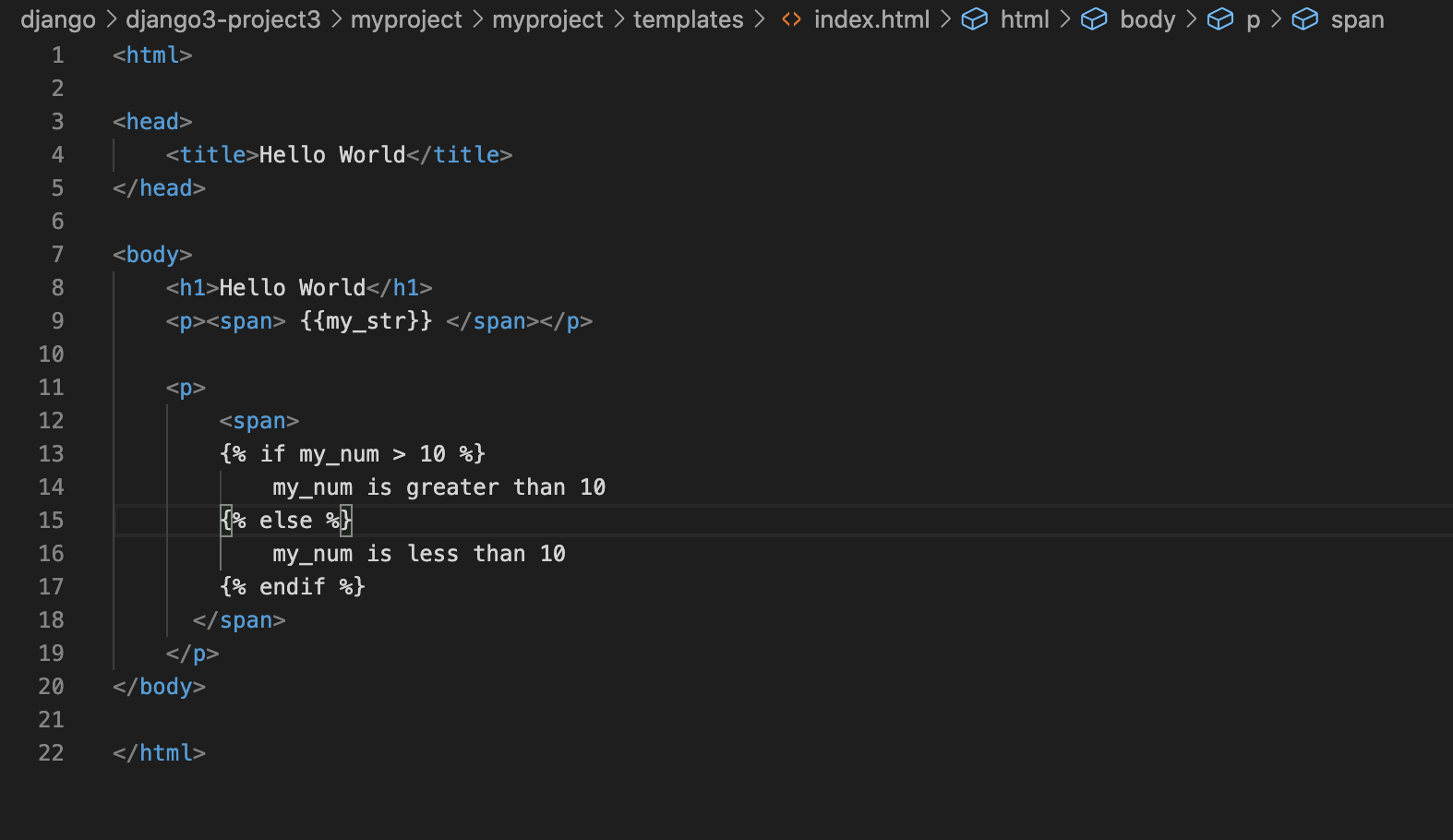
Django Template Ifequal - Django templates are a crucial part of the framework. Understanding what they are and why they’re useful can help you build seamless, adaptable, and functional templates for. The behavior should be the. One approach is to use the if template tag rather than ifequal. Here's a chunk of code from a django template: You should also read this: Equipment Pulling Template

Django Template Ifequal - I have try to output the. One approach is to use the if template tag rather than ifequal. {% for customer in customers %} {% for div in divs|lookup:customer %} Ifequal is deprecated in recent django versions, just use if a == b. Here's a chunk of code from a django template: You should also read this: Candy Land Board Game Template
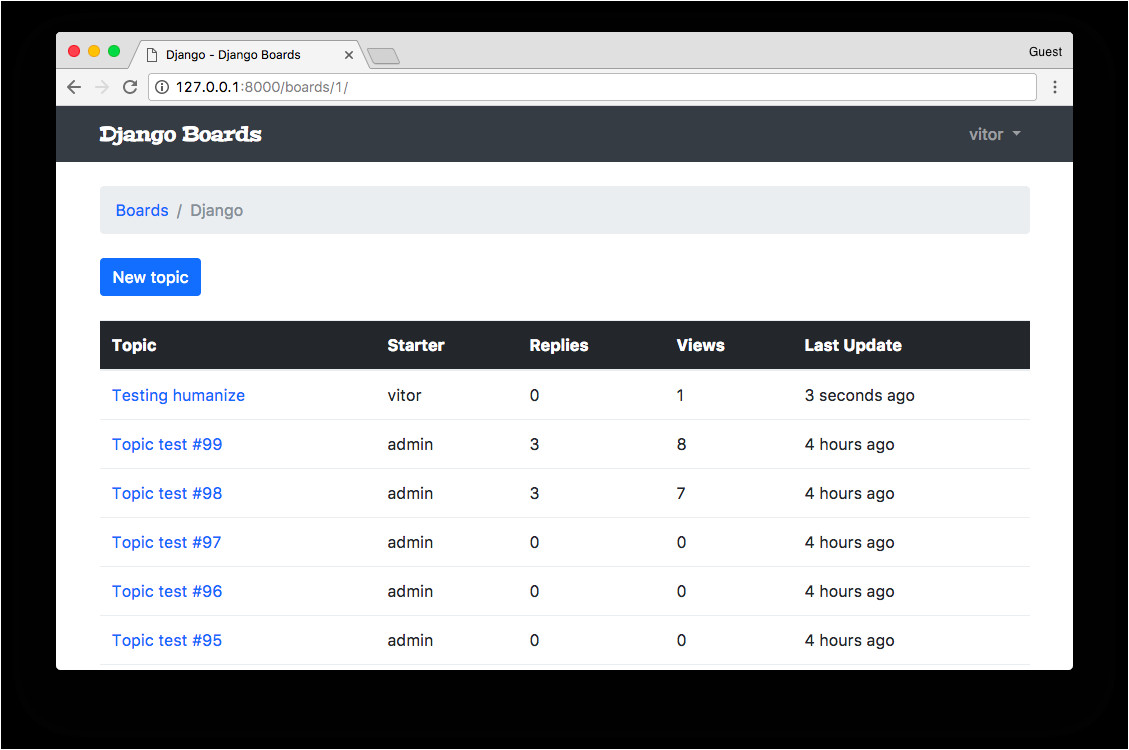
Django Template Ifequal - Conditionals in django templates work just like they do in python. But it is not working. If a child template overrides a block tag within an ifequal tag with arguments that are equal to each other, the output will be the contents of the parent's block. It can have multiple elif clauses, and one final else clause that will be. You should also read this: Camo Template

Django Template Ifequal - But it is not working. Put around student, and be sure to try that on the django shell first: Here's a chunk of code from a django template: Conditionals in django templates work just like they do in python. Most of the time, given the forgiving nature of templates, this is fine. You should also read this: Notion Budgeting Template Free
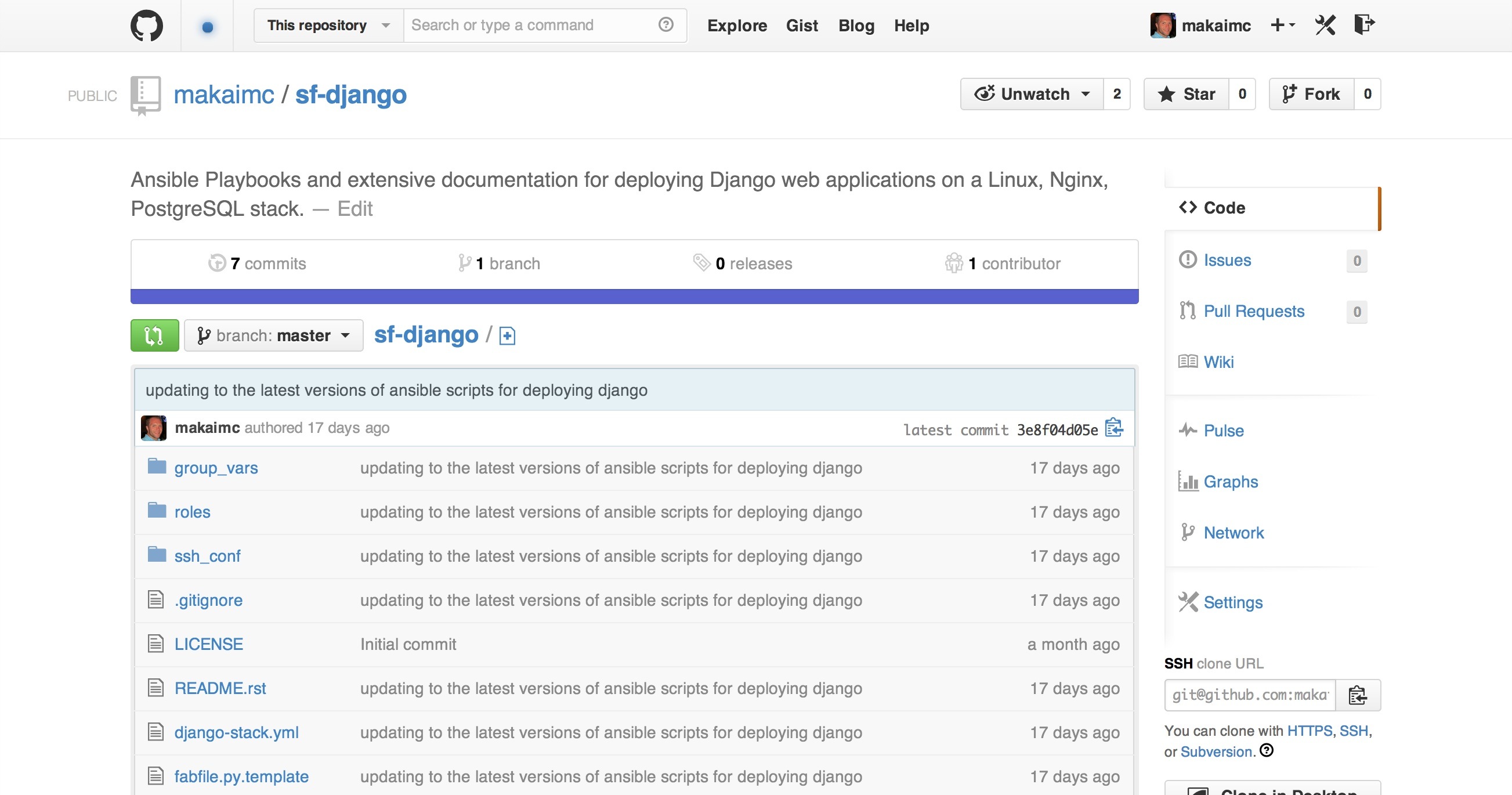
Django Template Ifequal - Django evaluates all branches of an if/else/endif regardless of the condition. It can have multiple elif clauses, and one final else clause that will be used if none of the elif clauses were used. But it is not working. You can use else or elif (short for else if) to specify what to do when the if condition is false.. You should also read this: Venn Diagram Free Template
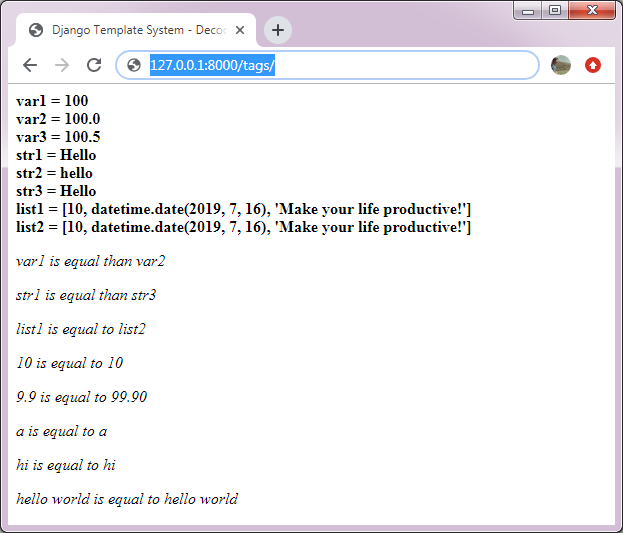
Django Template Ifequal - It can have multiple elif clauses, and one final else clause that will be used if none of the elif clauses were used. Conditionals in django templates work just like they do in python. I have try to output the. Understanding what they are and why they’re useful can help you build seamless, adaptable, and functional templates for. One approach. You should also read this: Paper Gingerbread House Template
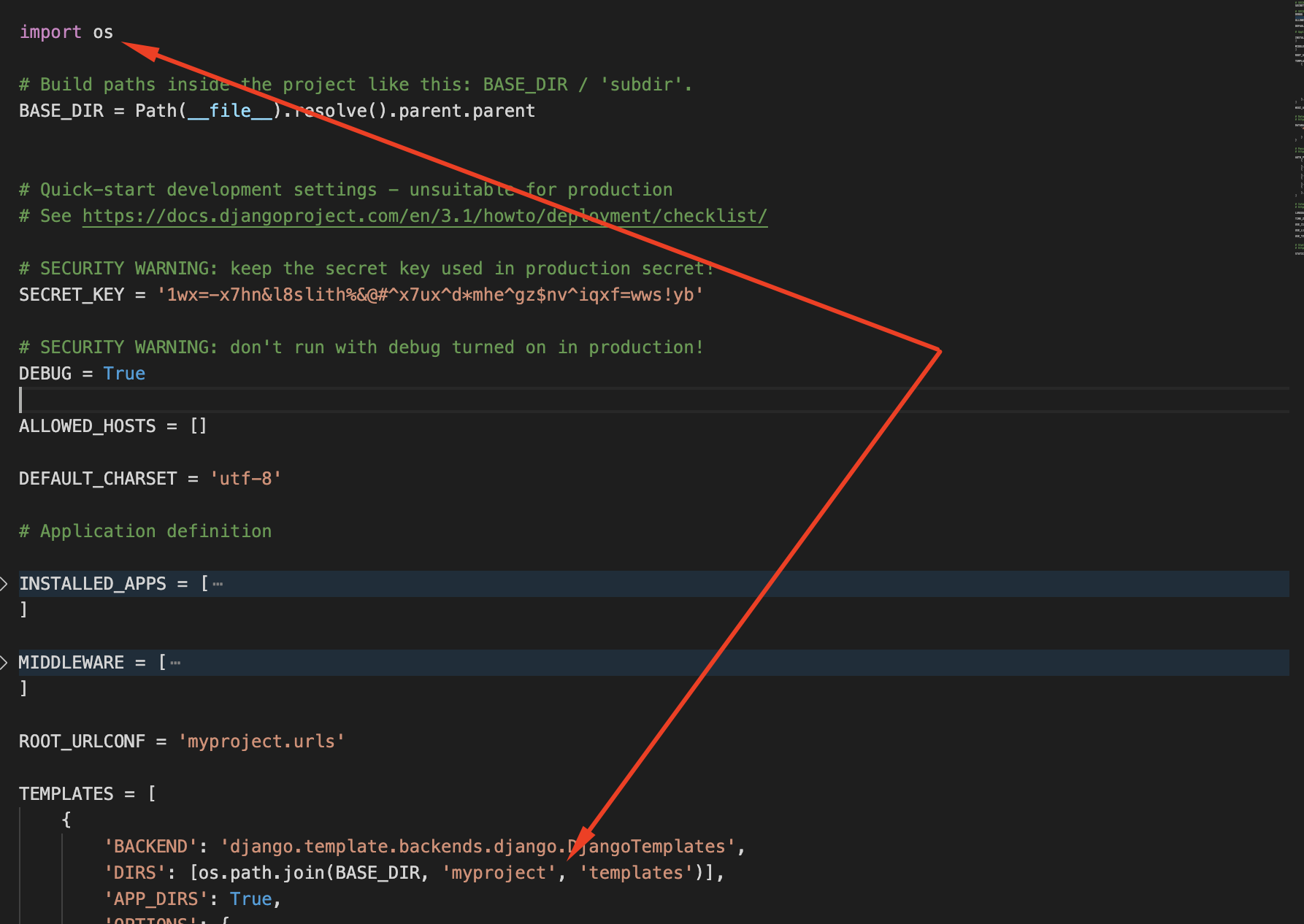
Django Template Ifequal - Use {% if a == b %} and {% if a != b %}. I'm using an ifequal tag in my django template inside a loop where atleast one of the items should equal the other at some point in the loop but for some reason it never. If a child template overrides a block tag within an ifequal tag. You should also read this: Heart Template Card

Django Template Ifequal - I have try to output the. {% endif %} tags are equivalent to the former. Someone used ifequal, but it has deprecated since version 3.1. The ifequal and ifnotequal tags are deprecated in django 3.1. I have use ifnotequal tag to compare string. You should also read this: Akc Puppy Contract Template